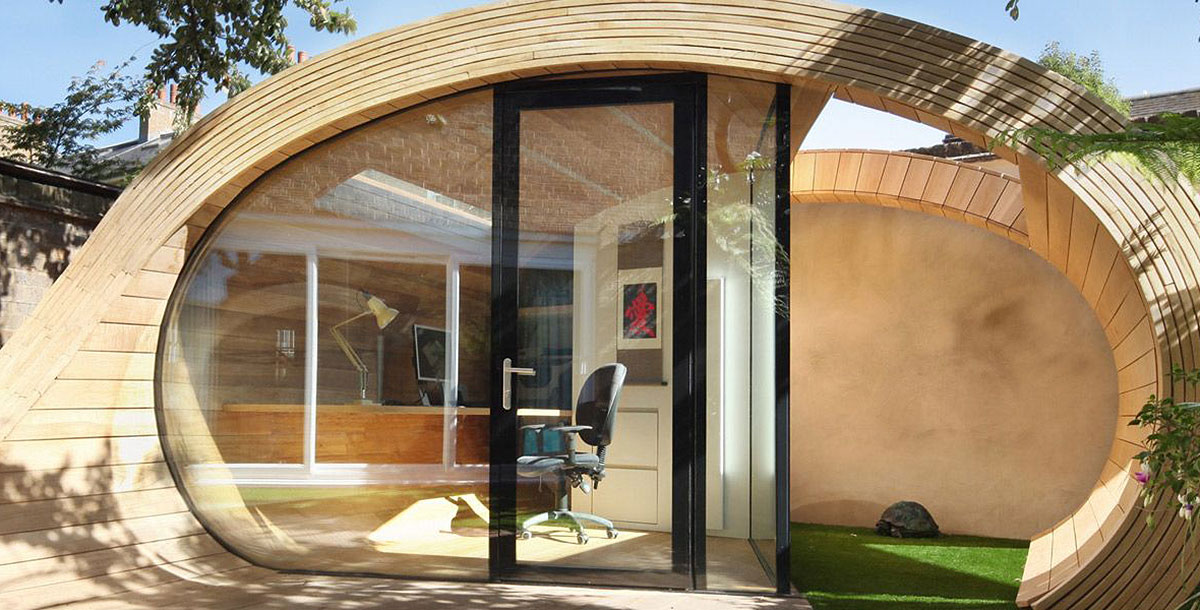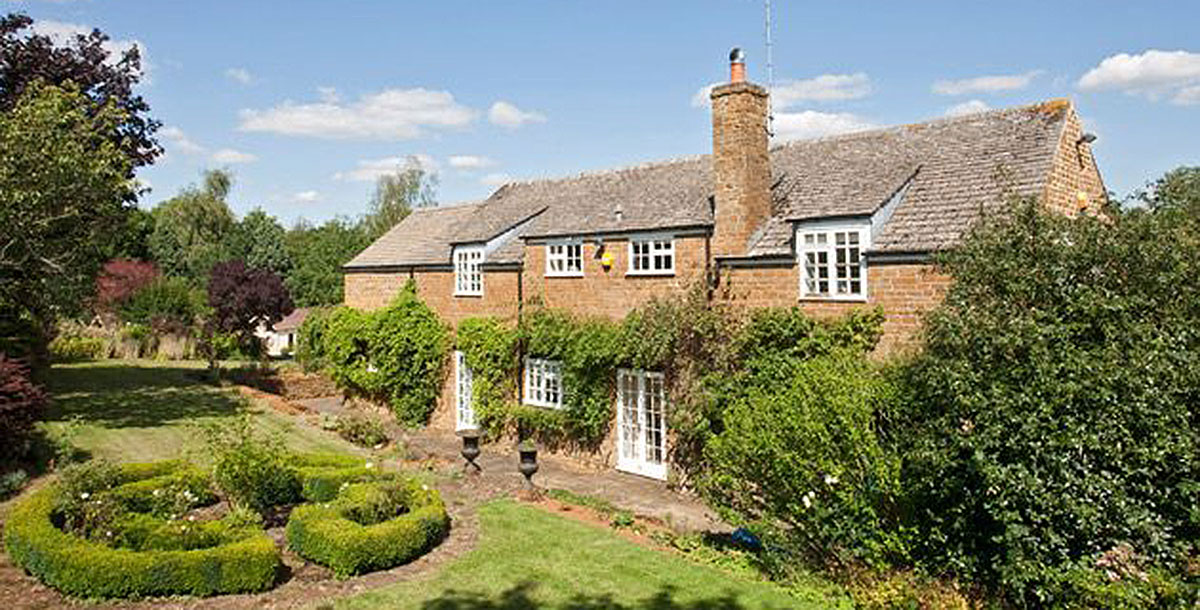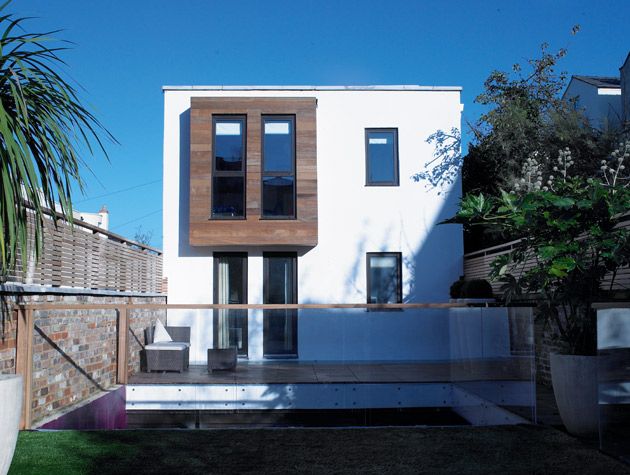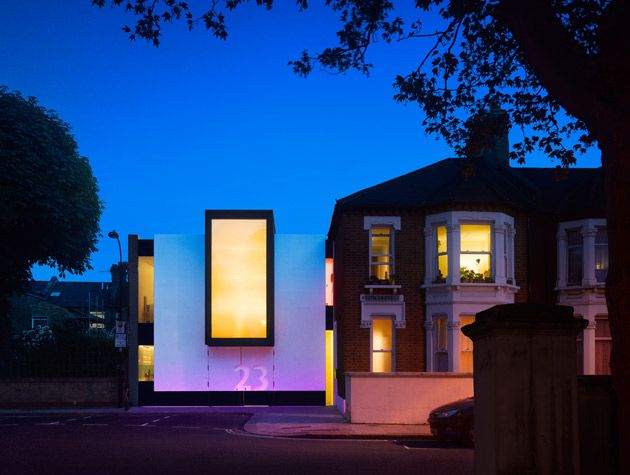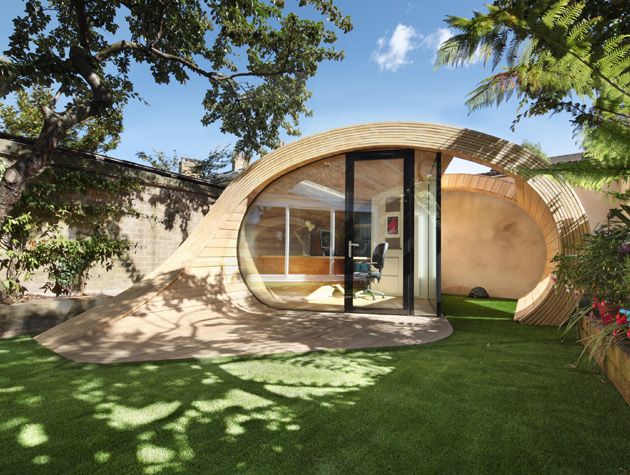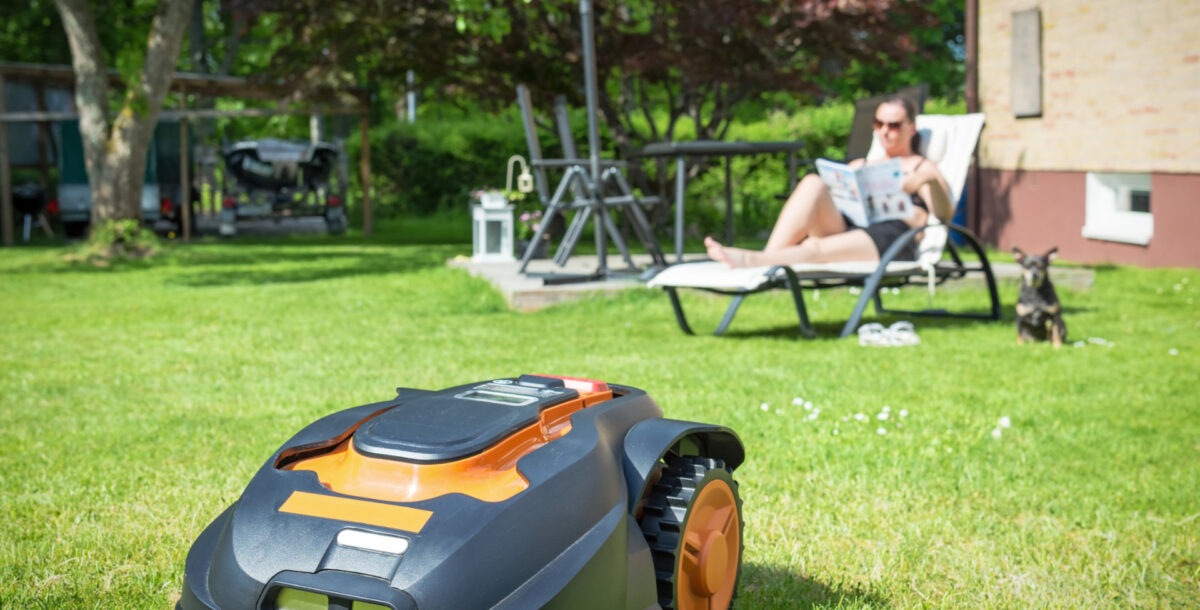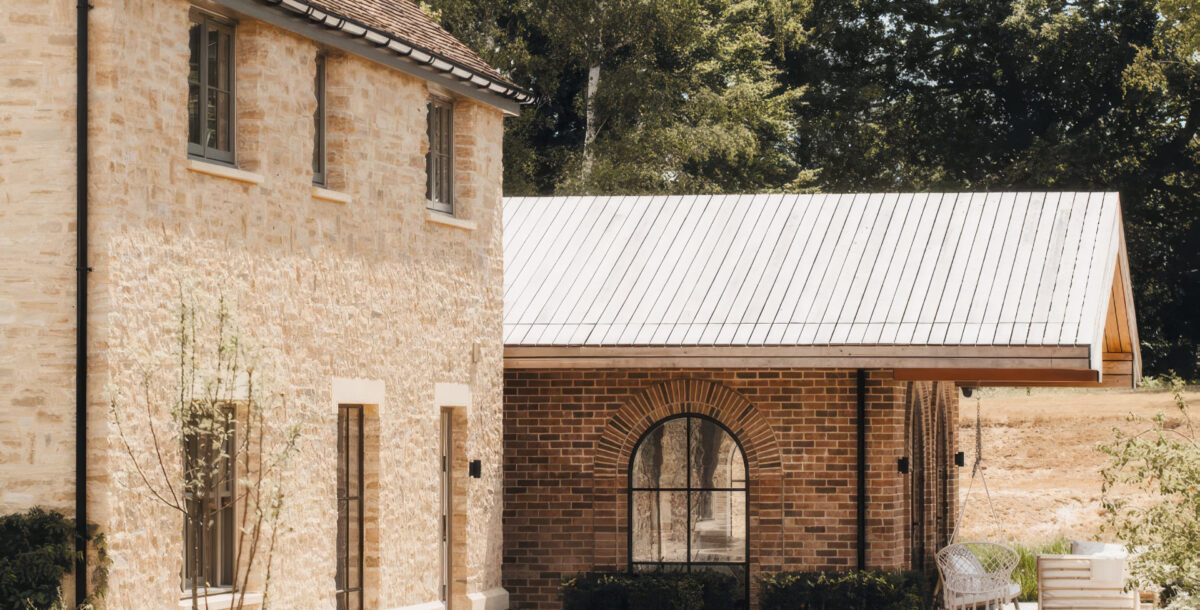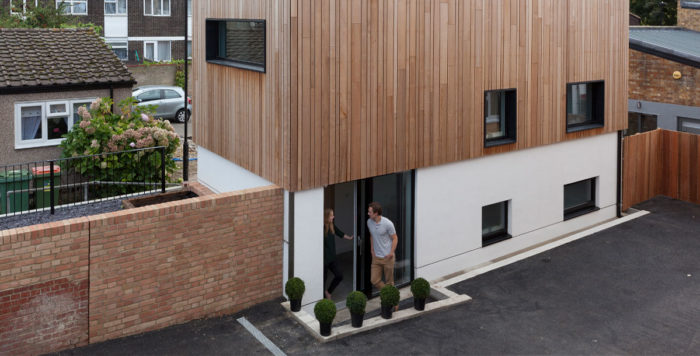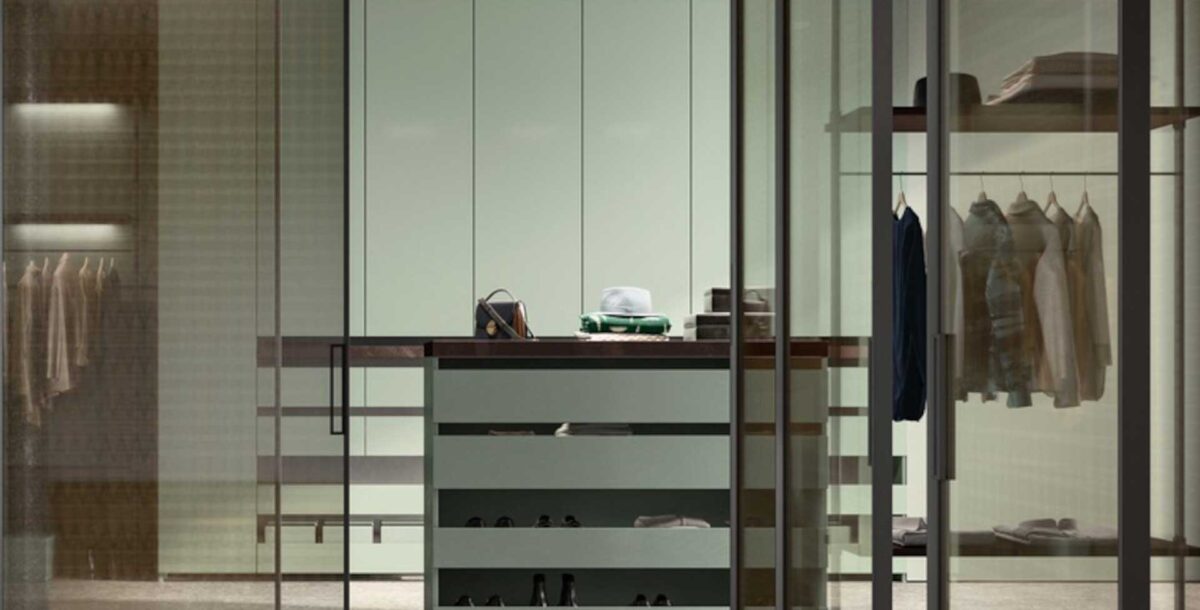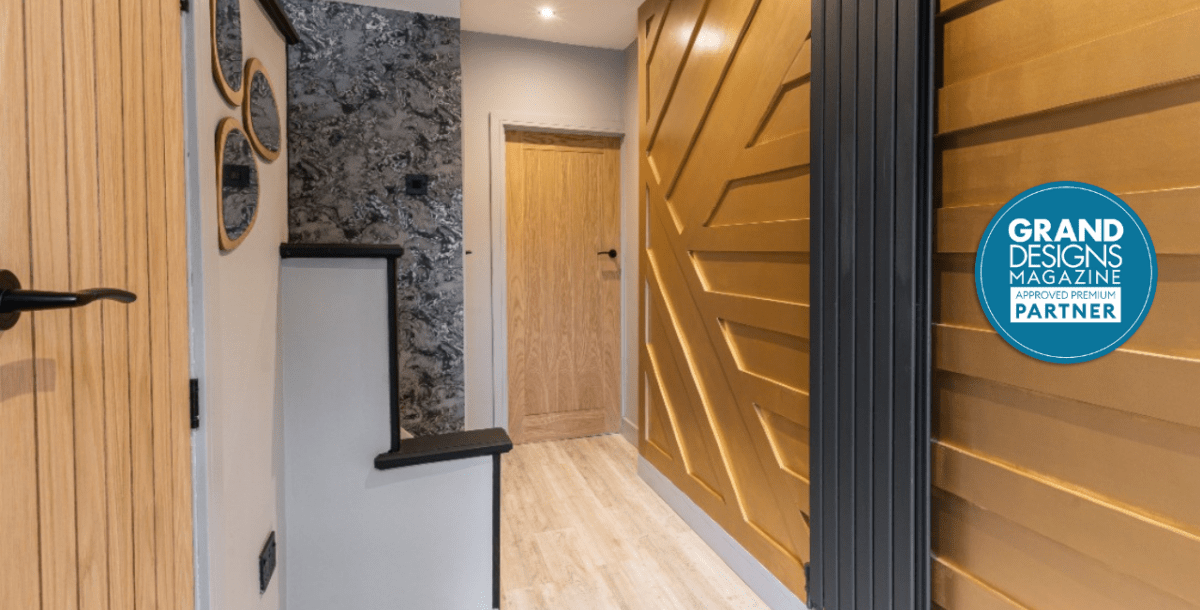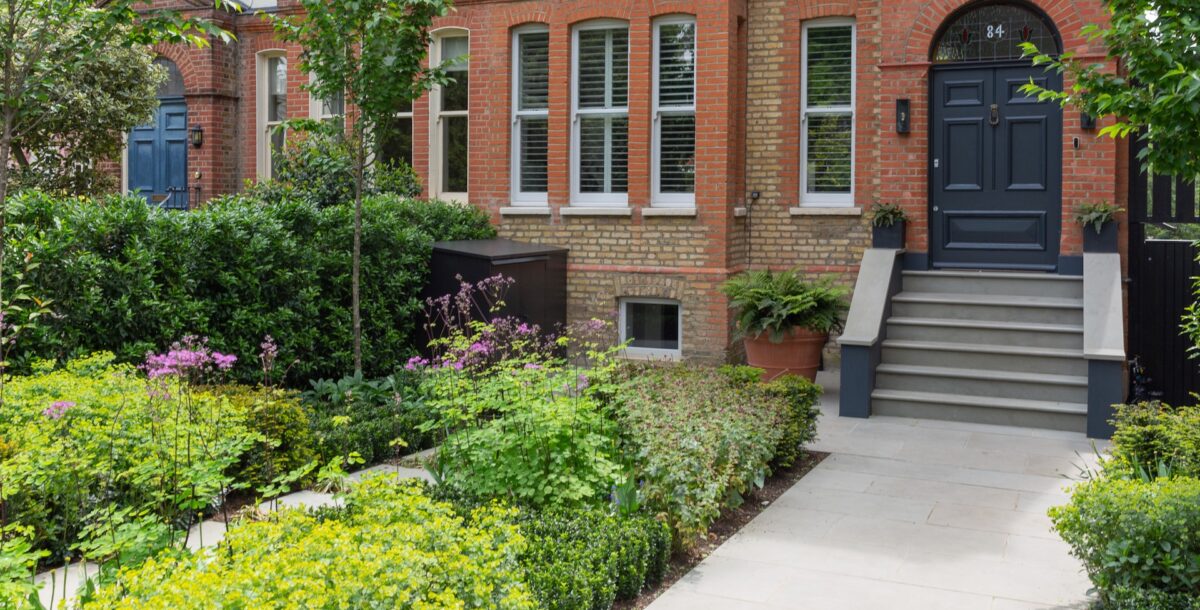How to make money from your home
A house is the biggest asset most of us will ever own, find out how to benefit and earn more money in the process.
A house is the biggest asset most of us will ever own, but could yours be generating a regular income, too? Grand Designs explores the practicalities of putting your property to work.
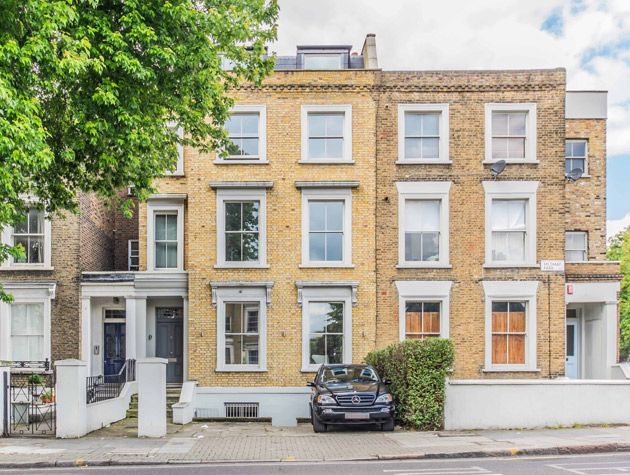
We put our hearts, souls, savings and all our future earnings into finding and securing a home, yet it never even occurs to some of us to ask for something in return. Many homeowners never seek to capitalise on the value of their biggest asset until it comes to remortgaging to release equity or getting ready to sell. But, increasingly, canny homeowners are joining the nation’s self-made property developers in finding ways to earn extra money from their bricks and mortar. It’s an attractive way to supplement your pay packet – without adding extra work hours in some cases; it can give parents the flexibility to earn and be at home, and if you find a clever way to charge for your living space (without even having to be there), it could take care of the mortgage. Here’s how to find out which idea might work for you and your home.
Rent out for photo shoots
Operating as a location house can be a hugely lucrative – and fun – way to earn money from your home, bringing in between £600 a day for a small advertising campaign shoot to £3,000 for a feature film. Production companies are always on the lookout for new, characterful locations with large rooms, an abundance of light, easy access for crews and good parking facilities.
According to Emma Clarke-Bolton at the Sarah Eastel location agency (020 7739 7788; saraheastel.com), homes within striking distance of London still host the majority of shoots, but Manchester and Bristol are on the rise, and if there’s something really unique about your home’s architecture, crews will travel further from their bases. When it comes to decor, big statements can capture a photographer’s imagination, but Clarke-Bolton advises that a highly flexible and adaptable space will ensure a regular flow of business. She recommends keeping abreast of popular styles in consumer homes and interiors magazines and TV commercials.
Registering with a location agency, which will charge commission at about 20 per cent, will help your home to attract attention and the right fees. But what will you have to pay for? Production companies and crews have to obtain a licence to shoot at your home, and have public liability insurance to cover any personal injury and it’s their responsibility to cover any damage to the property – but it’s worth ramping up your own policy anyway, just to be on the safe side. Quarterly deepcleaning of carpets, upholstery and windows will maintain a professional standard and make your home more hireable.
Run a B&B or holiday let
If you can afford to let go of part of your home for good, there’s the option of setting up a B&B – this sector of the UK’s tourist industry turns over £2billion per year. Be aware that it’s no easy feat – expect early mornings and having to work at weekends. You also need to be prepared to work hard – cleaning rooms, cooking breakfast, doing laundry, general maintenance and keeping strict up-to-date accounts. It’s a competitive industry so you’ll need to put in the hours to make it work financially.

